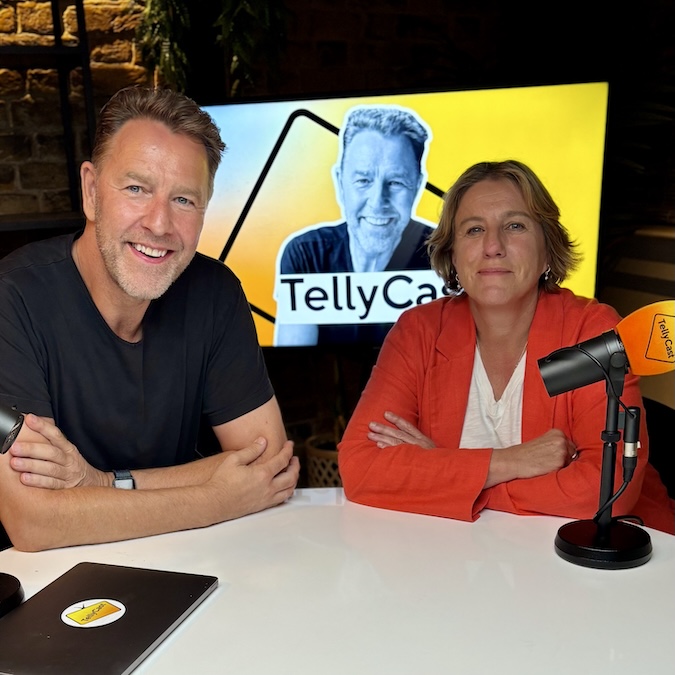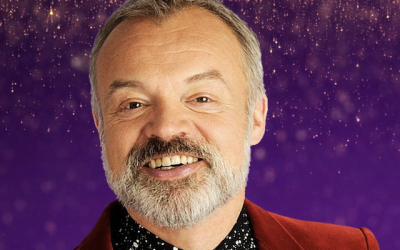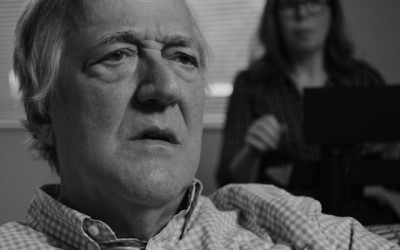UK media regulator Ofcom says that traditional public-service TV is endangered and that its content should be findable on video sharing platform YouTube. As part of a six point action plan, the watchdog said “urgent clarity” is needed from Government on how TV will be distributed to reach audiences in future. It also said that broadcasters must work more together, and with global technology firms, to survive.
Ofcom said public service media is now under serious threat, with audience choice wider than it’s ever been, broadcasters experiencing fundamental financial challenges and structural change in the advertising market. Its action plan is as follows:
Prominence and discoverability for PSM content on third-party platforms
With more viewing shifting to third-party platforms, PSM companies need to work with these platforms so audiences can see and find PSM content. As a priority, public service broadcasters should work urgently with YouTube, to ensure that PSM content is prominent and easy to find on the platforms, and on fair commercial terms. This is particularly important for news and children’s content, and Ofcom believes there is a strong case for Government to legislate to enable the change.
Stable and adequate funding to sustain a broad range of PSM content
Ofcom said additional public funding will be necessary to support specific genres. It recommends that priority be given to socially valuable but commercially less viable genres, such as news, local news and children’s content.
Urgent clarity on how TV will be distributed in the future
In its review of the options for the future of digital terrestrial television (the network that supports Freeview), Ofcom said a decision by Government would be needed within the next two years and it continues to believe a decision in early 2026 would allow sufficient time. A later decision risks undermining the investment and innovation needed to put universal TV distribution on a sustainable footing.
PSM firms must forge ambitious strategic partnerships at scale
Scale is critical for the public service and other domestic broadcasters to connect with audiences and compete with global streaming platforms – which, in some cases, they depend on to reach viewers. Competition and plurality need to be preserved, but broadcasters must be more ambitious in pursuing strategic and tech partnerships.
Broadcasters and online platforms must invest in media literacy
Media literacy skills are essential for using, understanding and navigating digital services, and for critically engaging with news and other content. Everyone has a role to play in media literacy – including Government.
Streamlined regulation to strip away any outdated and unnecessary restrictions
Much of the current legislative and regulatory framework was designed for a world of traditional, linear TV, said Ofcom. “Alongside our implementation of the Media Act, which provides critical support for PSM, we are launching a review of our regulation of broadcast TV and radio. We will seek input from stakeholders about the priority areas for reforming regulation and supporting the future provision of PSM content.”
Cristina Nicolotti Squires, broadcasting and media group director, Ofcom said: “Public service media is stitched into the cultural fabric of UK society. It starts conversations, educates and informs, and brings us together in moments of national importance. But in a world dominated by global streaming platforms, public service media risks becoming an endangered species, and time is running out to protect it. Our plan would involve collective action from broadcasters, online platforms, the Government and Ofcom. It maps out a clear route that would help sustain public service media.”
Cristina Nicolotti Squires (pictured right) will be speaking to Justin Crosby this week on TellyCast, the content industry news podcast, sister platform to The Drop.





